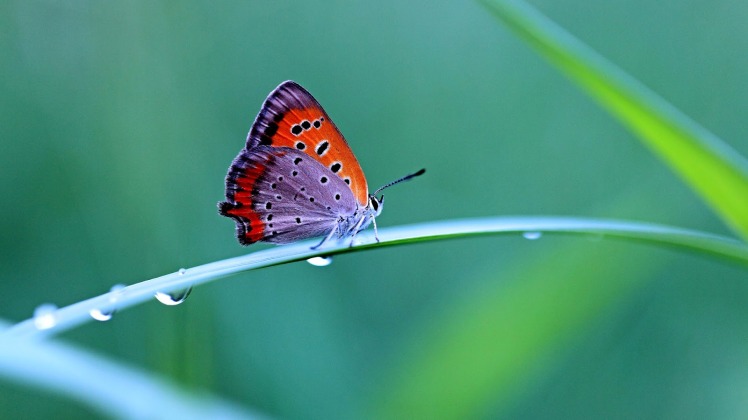
Attaining and maintaining patience is one of our greatest challenges. When we step back from whatever we became frustrated at and aim to become more patient, our agitation dissipates. If you think about it, every single negative situation that was faced always had an opposite, positive state to welcome. Self-effacement is opposite of arrogance; satisfaction is opposite of gluttony, etc. To move past any unpleasant state of mind where our thoughts are angry and volatile, cultivating our natural virtue is not a separate act of biting the tongue over an emotion that is merely fleeting. It takes great courage and strength to not give in to the emotions that are not our true selves. Our emotions have so much good to teach us. We simply have to be patient with the learning.
Not everyone meditates and those that try to fit time to meditate during a busy day or week may discover they don’t have enough time to sit for a measured length of time when there is so much to be done in our chaotic lives. But one does not have to sit for 30 or 40 minutes in order to bring themselves peace of mind. We can bring ourselves to peace and calm by becoming more mindful of what we are doing and by slowing down to observe what we are thinking and bring deeper awareness and understanding into our actions. By applying a more patient way of living, we find solutions to our problems quicker, our perception is less clouded; when interacting with others we are less sarcastic, aggressive and negative. Taking the time and by making use of the virtue of patience we will find our balance…balance with ourselves, with others and with the world around us. We can do this without trying to force a scheduled time to sit, when personal time can be a commodity. We all come with the creative genius to find other ways when conflicts arise, and we can reach new ways of doing things in a calm, peaceful manner that doesn’t affect the inner balance we worked so hard to achieve.
The more patient we become with ourselves the more compassionate we also become. Being compassionate towards ourselves, others and towards our environment does not make our character weaker, instead it makes it stronger. If we allow our lives to become lacking of compassion and patience, our own actions pose a danger for becoming caustic and unhelpful. It is important to be aware of our emotions and of the actions they may encourage us to act upon. It is imperative to try to understand if our actions, choices, intentions, feelings and words may cause another person pain and disharmony. Even though we cannot control how another person will react, we can control how we act. We really do need to question ourselves more often: Is being right more important than being happy?
If all we have is negative thoughts, then our actions may very well be harmful. Yet the moment we become aware of our negative thoughts, we can begin applying compassion and patience which has the combined ability to disarm our discordant feelings and energy. We live in a chaotic world. Change is greatly needed, but we cannot force others to change. If we want change to happen, we must begin by making the changes we want to see in the world, by changing ourselves. We can only control what comes from us; our actions, our choices, our words, our intentions, and our feelings. We can make our little part of the world a better place when we become more mindful, patient and compassionate.
Patience is one of those silent teachers that sometimes catches us unexpectedly. If you think about it; some of our greatest teachers came from people that were impatient, rude and aggressive. When we cross paths with impatient individuals, we come to grips with how we want to change and what characteristics we don’t want to ever develop. Developing patience requires a life-long commitment to always be observant to our own mind’s thought processing and by being honest and truthful with ourselves. Much of what we learn doesn’t come from someone giving a speech or lecture, but from observing their actions, energy and non-verbals. The more familiar we are with ourselves, the more aware we are with how we interact and connect with others. Such basic observances is relevant to the furthering development of patience and compassion. We can give ourselves peace of mind more frequently when we begin being patience and kind towards ourselves and our ability to love and care for ourselves will inevitably extend to others, attracting more people to our warm energy that is balanced and at ease with life.